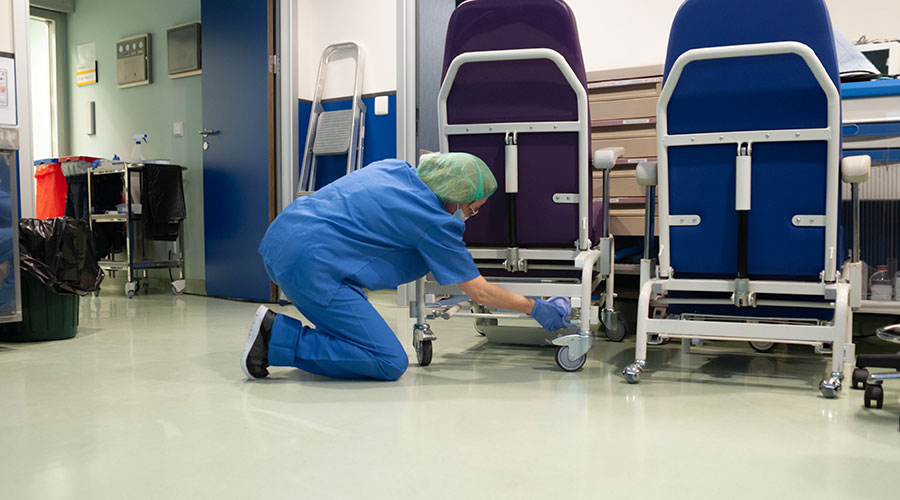As hurricane Helene makes landfall and causes myriad problems in its wake, healthcare facilities are expected to stay open to help any patients. However, there are circumstances where even healthcare facilities are forced to shut down and evacuate.
All patients and staff stranded at Unicoi County Hospital due to flooding from Hurricane Helene have been safely evacuated, according to WJHL. Over 50 people were initially moved to the hospital’s roof to await rescue. Ballad Health, the hospital’s parent company, used its own helicopter alongside help from the Tennessee National Guard and other agencies to complete the evacuation. The hospital will remain closed until the floodwaters recede and the damage is assessed.
Hurricanes and flooding can quickly create dire situations for healthcare facilities.
Related: New York Introduces New Hurricane-Proof Hospital
According to SCP Health, these seven tips can help prepare healthcare facilities for the duration of a hurricane:
- Prepare for potential power loss
- Urge self-sufficiency and be prepared ahead of time
- Plan for an influx of patients after the hurricane
- Prevent burnout and emotional strain
- Show leadership by drilling ahead of time and learning from what happened
- Guard against property loss from vandals or looters
- Decide whether to shelter in place or evacuate
Community support is critical for healthcare facilities in any sort of severe weather. It’s important for healthcare facility managers to collaborate with local agencies so they have partners and suppliers to ensure operations continue, Chuck Miccolis, managing director of commercial lines at IBHS, previously told Healthcare Facilities Today.
“Local emergency management agencies should be very familiar with the local healthcare facility’s needs,” Miccolis says. “They need to understand if these facilities are resilient and if they have vulnerabilities. They need to understand what services these facilities may or may not need and what services they may be able to offer the community if they’re going to be open. If they are. then great, they will be there for the community. If they’re not, then they’ll need to be evacuated if they’re expecting severe damage.”
Jeff Wardon, Jr., is the assistant editor for the facilities market.

 Seeking Standards for Microbial Loads in Healthcare Facilities
Seeking Standards for Microbial Loads in Healthcare Facilities UCR Health Unveils Plans for Major Expansion
UCR Health Unveils Plans for Major Expansion High-Performance Windows Support Safety at UW Medicine's New Behavioral Health Center
High-Performance Windows Support Safety at UW Medicine's New Behavioral Health Center Central Maine Healthcare Dealing with IT System Outage
Central Maine Healthcare Dealing with IT System Outage Kaiser Permanente Opens Newly Expanded Everett Medical Center
Kaiser Permanente Opens Newly Expanded Everett Medical Center